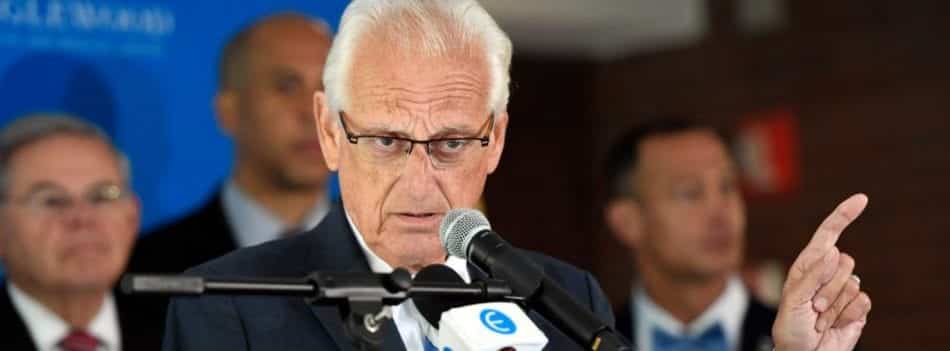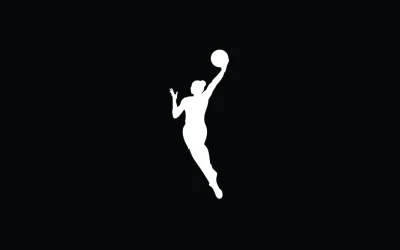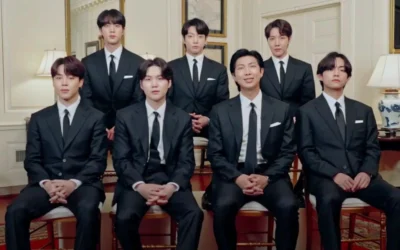Representatives Bill Pascrell, Jr. (D-NJ) and Frank Pallone, Jr. (D-NJ) released a letter sent to Joseph Simons, the Chairman of the Federal Trade Commission (FTC), calling on the agency to crack down on what they perceive to be anti-consumer practices present in the industry on both the primary and secondary side.
“[T]he FTC needs to act against deceptive and unfair practices in this industry relating to hidden fees, sale of speculative tickets, and misleading resale sites,” the letter, released Monday, says. “The FTC should also investigate reports of anticompetitive conduct in the highly-concentrated ticketing marketplace.”
Pascrell, long a critic of the ticketing industry, made headlines earlier this year with a blistering response to a New York Times report about Live Nation Entertainment’s strangle-hold on the industry and alleged anti-competitive actions. He was joined on the letter by fellow Garden State legislator Pallone, Ranking member of the House Committee on Energy and Commerce. Their arguments stem largely from a recent report by the Government Accountability Office (GAO) that found numerous flaws in the way tickets are sold across the ecosystem.
“The FTC should also act against anti-competitive conduct in the primary and secondary ticket sale markets,” reads one section. “When the Department of Justice cleared the Ticketmaster/Live Nation merger in 2010, it was sufficiently concerned about potential competitive abuses that it imposed a number of restrictions and barred the parties from retaliation against venues that used competing ticket services. Despite these restrictions, Ticketmaster and Live Nation may be wielding the power they enjoy from the vertical integration of venues, artists, promoters, and ticket services to cripple competitors.
“We encourage the FTC to protect consumers and competition in the event ticket sales market and we appreciate your attention to this matter.”
Pascrell was a featured speaker at Ticket Summit in Las Vegas last week, joining the Legislative Issues in the Ticketing Industry panel via video call on Wednesday, July 18 to discuss his thoughts on the legal path to improving the industry as a whole, as he sees it.
The full release regarding the letter to the FTC Chair is available at Pascrell’s website. The full letter sent to Simons is included below:
Pascrell, Pallone Call for FTC Crack Down on Ticketing
July 20, 2018
Joseph J. Simons
Chairman
Federal Trade Commission
600 Pennsylvania Ave., N.W.
Washington, D.C. 20580
Dear Chairman Simons:
We are writing to request the Federal Trade Commission (FTC) address the consumer protection and competition issues raised by the April 2018 GAO Report on Event Ticket Sales.[1] Specifically, the FTC needs to act against deceptive and unfair practices in this industry relating to hidden fees, sale of speculative tickets, and misleading resale sites. The FTC should also investigate reports of anticompetitive conduct in the highly-concentrated ticketing marketplace.
The GAO Report confirms what anyone who has ever tried to buy a ticket to a concert, show, or sporting event already knows—the deck is unfairly stacked against consumers. By the time tickets go on sale to the public, limited seats are available. As many as 65 percent of tickets are presold to fan clubs or other restricted groups, and another 16 percent on average are held back by artists and promoters. Consumers must compete for the remaining tickets with professional brokers that have the resources and technology to buy many tickets quickly. These brokers add substantial markups to the ticket price, more than doubling the cost of tickets for popular events. Both primary ticket sellers and resale sites add exorbitant fees on top of the ticket price, and consumers must navigate other deceptive practices, including speculative tickets listings and “white-label” ticket sites.[2]
Market concentration in both the primary and secondary ticket market may explain why consumers have difficulty accessing tickets at a fair price. The GAO Report notes that in 2008, Ticketmaster held a more than 80 percent share of the primary ticket market and continues to be the market leader today. In the secondary ticket market, Ticketmaster is second only to StubHub, which holds a 50 percent share.[3] Ticketmaster’s dominance was amplified in 2010 by its merger with Live Nation, a company that operates 200 event venues worldwide, promotes 30,000 shows a year, and manages 500 artists.[4]
Hidden Fees
GAO found that ticket sellers add service fees and other charges averaging 30 percent of ticket value.[5] These fees are often hidden until late in the transaction, misleading consumers about the true cost and making it nearly impossible to comparison shop. The ticket industry is already on notice that failing to disclose fees clearly and prominently constitutes a deceptive practice in violation of FTC law. In 2013, the FTC issued revised guidance, “.com Disclosures,” clarifying that companies need to disclose any “significant additional fees the consumer would not expect to incur” prominently, on the same page, and immediately adjacent to any price claim.[6] The FTC should bring enforcement actions against ticket sellers engaging in similar practices. Further, the Commission should consider providing clear and specific guidance on hidden fees in the ticket sale industry to supplement its more general guidance on disclosures.
Speculative Tickets
Many ticket brokers are selling tickets they do not yet have, in some cases even before an event has gone on sale, and often without informing consumers of the speculative nature of the tickets. As a result, consumers may not get the seat location they selected or may be left without a ticket at all. Even if the broker refunds the ticket price, consumers may have already incurred non-reimbursable travel or hotel expenses to attend the event.
The FTC settled charges against Ticketmaster and its affiliate TicketsNow in 2010 for a variety of deceptive tactics, including failing to tell buyers that many of the resale tickets it advertised were purely speculative. In that case, the “phantom” tickets for a Bruce Springsteen concert never materialized.[7] At the same time, the FTC warned other ticket sellers that the failure to adequately disclose the speculative nature of tickets could result in an FTC enforcement action.[8] While we commend the FTC for these actions, we are not aware of any subsequent enforcement actions in the past several years despite GAO’s finding that the practice continues to be widespread. The FTC should investigate whether any ticket sellers are engaging in the deceptive sale of speculative tickets.
White-Label Sites Masquerading as Event Venues
The GAO Report also exposed the use of white-label sites by third-party sellers. Most white-label sites incorporate the event venue name into the site’s domain name, and many use images of the venue throughout the site’s webpages.[9] Moreover, the markups and added fees on these sites are substantially higher than on other ticket resale sites.[10] Deception by white-label sites continues despite past FTC enforcement efforts.[11] The FTC should conduct a review of white-label sites and pursue enforcement actions to protect consumers.
Anticompetitive Behavior
The FTC should also act against anti-competitive conduct in the primary and secondary ticket sale markets. When the Department of Justice cleared the Ticketmaster/Live Nation merger in 2010, it was sufficiently concerned about potential competitive abuses that it imposed a number of restrictions and barred the parties from retaliation against venues that used competing ticket services.[12] Despite these restrictions, Ticketmaster and Live Nation may be wielding the power they enjoy from the vertical integration of venues, artists, promoters, and ticket services to cripple competitors.[13] We urge the Commission investigate these allegations to ensure that they do not violate antitrust laws.
We encourage the FTC to protect consumers and competition in the event ticket sales market and we appreciate your attention to this matter.
Sincerely,
Frank Pallone, Jr.
Ranking Member
Committee on Energy and Commerce
Bill Pascrell, Jr.
Member of Congress
[1] Government Accountability Office, Event Ticket Sales: Market Characteristics and Consumer Protection Issues (April 2018) (GAO-18-347).
[2] Id.
[3] Id.
[4] Live Nation Rules Music Ticketing, Some Say with Threats, New York Times (Apr. 1, 2018).
[5] See Note 1.
[6] Federal Trade Commission, .com Disclosures: How to Make Effective Disclosures in Digital Advertising (Mar. 2013) (staff guidance).
[7] Federal Trade Commission, Ticketmaster and TicketsNow Settle FTC Charges of Deceptive Sales Tactics, Refunds for Springsteen Concertgoers Provided; FTC Warns Other Ticket Resellers (Feb. 18, 2010) (press release).
[8] Id.
[9] See Note 1.
[10] Id.
[11] Federal Trade Commission, TicketNetwork and Marketing Partners Ryadd and Secure Box Office Settle Charges of Deceptive Marketing Resale Tickets (Jul. 24, 2014) (press release).
[12] United States v. Ticketmaster Entertainment, Inc.¸ No. 1:10-cv-00139 (D.D.C. July 30, 2010).
[13] See Note 4.




